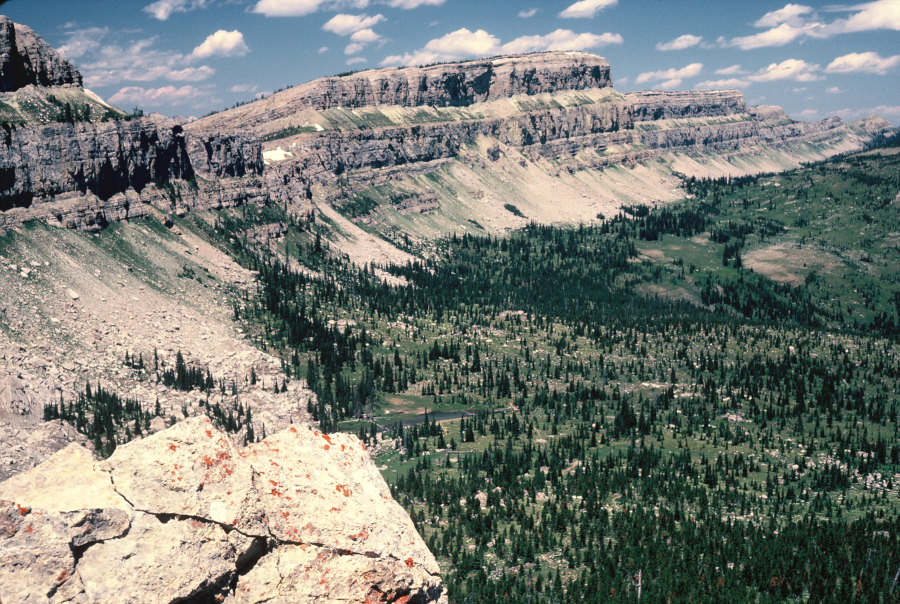A handful of mountain bikers have partnered with a notoriously anti-Wilderness senator to introduce legislation in the U.S. Senate that would gut the 1964 Wilderness Act during this, the 60th anniversary of that landmark law.
In June, the Sustainable Trails Coalition (STC), a mountain biking organization solely focused on weakening the Wilderness Act, celebrated as Sen. Mike Lee (R-UT) introduced Senate Bill 4561, which would directly amend the Wilderness Act to allow mountain bikes, strollers, and game carts in all 111 million acres of the National Wilderness Preservation System, unless each local wilderness manager undertook a cumbersome process to say no. The bill is premised on the false claims that the Wilderness Act never banned bikes, and that supposedly the U.S. Forest Service changed its regulations in 1984 to ban bikes.
The U.S. Congress passed the Wilderness Act 60 years ago and President Lyndon B. Johnson signed the Wilderness Act into law on Sept. 3, 1964, to preserve “the wilderness character” of an initial National Wilderness Preservation System of 54 wilderness areas totaling 9.1 million acres. Today, in a tremendous conservation success story, the National Wilderness Preservation System has grown to protect over 800 wilderness areas totaling over 111 million acres in 44 states and Puerto Rico, making it America’s most critical law for preserving wild places, biodiversity and the genetic diversity of thousands of plant and animal species.
The protections of the Wilderness Act include a ban on logging, mining, roads, buildings, structures and installations, both mechanized and motorized equipment, and more. The authors of the Wilderness Act sought to secure for the American people “an enduring resource of wilderness” to protect these wilderness areas as places “untrammeled” or unmanipulated by modern society, as a refuge for wildlife, and where the ecological and evolutionary forces of nature can continue to play. Bicycles, an obvious kind of mechanized equipment, have always been prohibited in Wilderness by the plain language of the law since it passed in 1964; the Forest Service merely clarified its regulations on this point in 1984 as mountain bikes then gained popularity.
Unfortunately, the STC bikers are little different from other recreational interest groups that want to weaken or violate the Wilderness Act in order to pursue their own personal activities, with what seems to be a narrow self-serving myopia.


